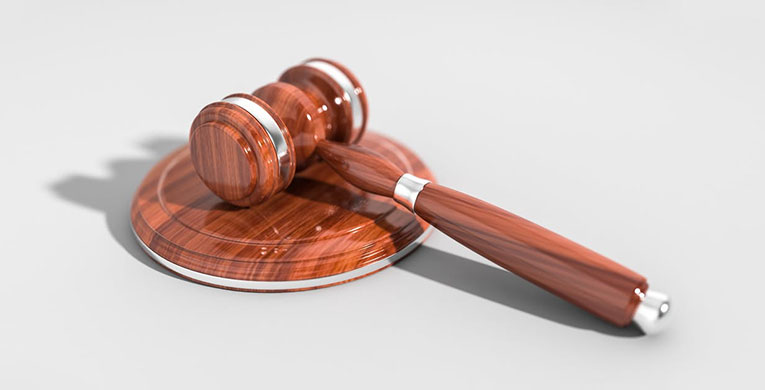What is a copyright registered by a public notary?
While intellectual property law confers property rights and rights of exclusive possession upon the owner, the latter still needs to be able to show his ownership of his piece of work at a specific date. How should you go about doing that? By choosing copyright certified by a public notary.
The Principles of Rights of Authorship
Article L. 111-1 of the Intellectual Property Code (CPI) sets out that: « The author of an intellectual work has exclusive intangible property rights of this work by the very fact of its creation, rights which are enforceable against any person».
Thus rights to a work are inherent to the work and protected as such by law, without the need for registering the work or copyrighting it. The law has however slightly qualified this statement with a ruling given by the Paris Court of Appeal on 30th September 2009, by ruling “although the principle of protection of an intellectual work, regardless of the type, the means of expression, the merit or the purpose, without any formalities to complete, by the very fact of the creation of an original form is set out in the provisions of articles L. 121-1 and L. 112-2 of the CPI, it is still the incumbent upon the person who intends to claim authorship rights to provide evidence of a particular creation at a particular date.” It is therefore up to the creator to prove that the work indeed originated with him at a specific date, especially in the event of a dispute. In fact, if another person who has stolen or plagiarized his work can show that the work was in his possession at a particular time, the original creator will not have a claim to the work unless he can prove for his part the precedence of his rights. This is why a copyright certified by a legal representative is essential. 01Copyright.fr offers to carry out your copyright registration with a public notary within minutes. Click here to register a copyright
The advantages of registering a copyright with a public notary
To prove precedence of authorship rights:
When you register your creation and it is certified by a public notary, it is time-stamped with a specific date, which means that you can claim ownership of your work at a specific date and time. If you were to be a victim of theft or plagiarism of your work, the courts will rule based on the earliest registration date in order to confer authorship rights.
To make the evidence of authorship rights irrefutable:
A public notary is a government official sworn in under French law. As such, all the acts and documents which he certifies have an irrefutable probative value. Thus, if you register your piece of work, both the content and the registration date cannot be contested in law, which is the perfect way of protecting your authorship rights.
To dissuade potential copiers and plagiarists:
You are fully within your rights to publically display the copyright certified by a public notary. Even should you decide to keep your registration secret, you will have sufficient evidence of your authorship rights at a specific date. Other than a lengthy and costly legal process with certainly a sentence at the end of the process, copiers have nothing to gain from stealing a piece of work which has been certified by a public notary.
To make the date and the content registered impossible to forge:
When your work is covered by a copyright certified by a public notary, it is stored at its exact time of registration for a period of 30 years. For this whole period, it is impossible to modify the registration, the content or the date. The jurist will in fact take all the necessary measures to ensure that your registration is secure.
To protect yourself in most countries in the world:
A copyright certified by a public notary comes under the Berne Convention. 176 countries have signed this document, which enables authorship rights to be reciprocally recognised. The creator has the advantage of his registration and his authorship rights being protected in these 176 countries.
